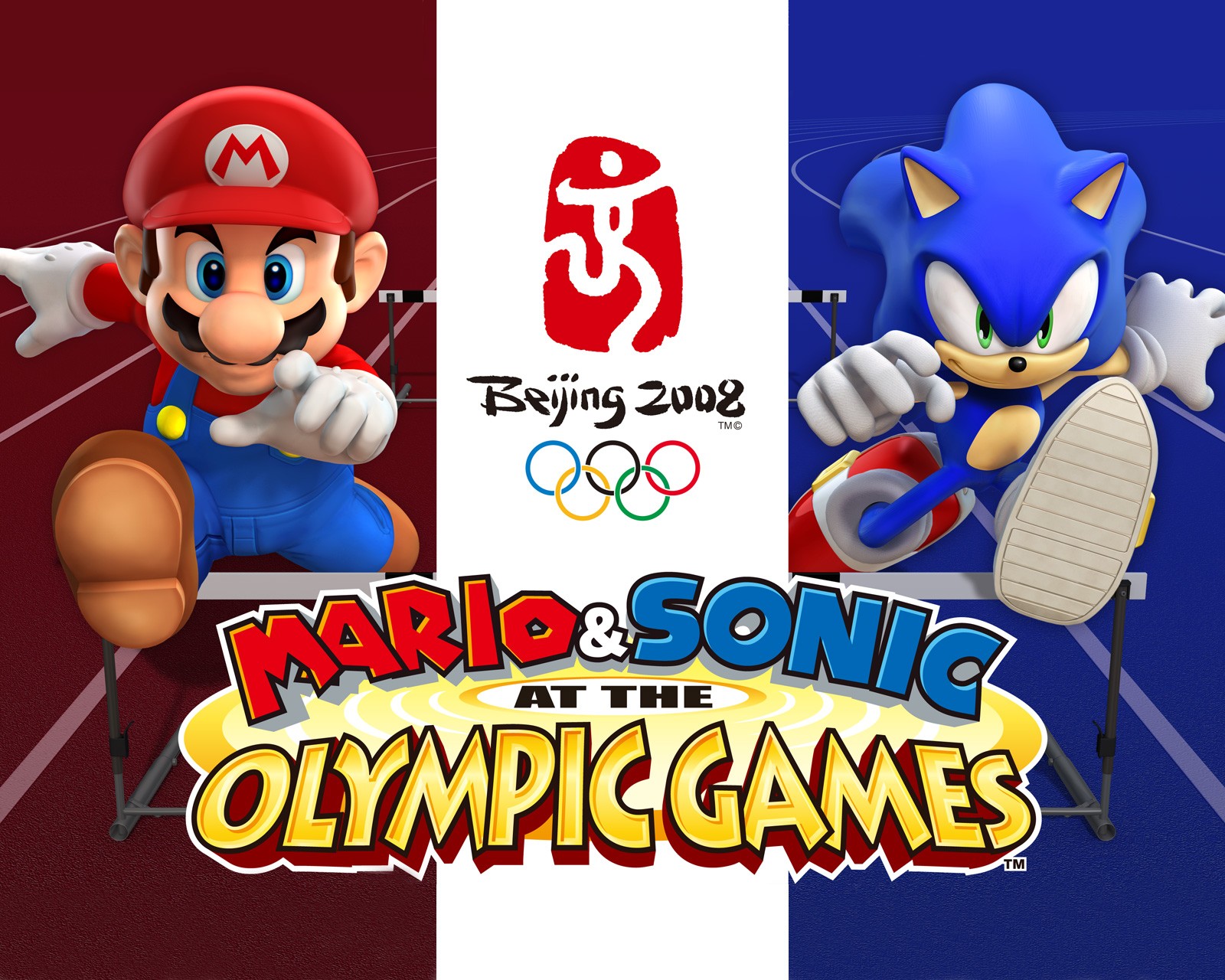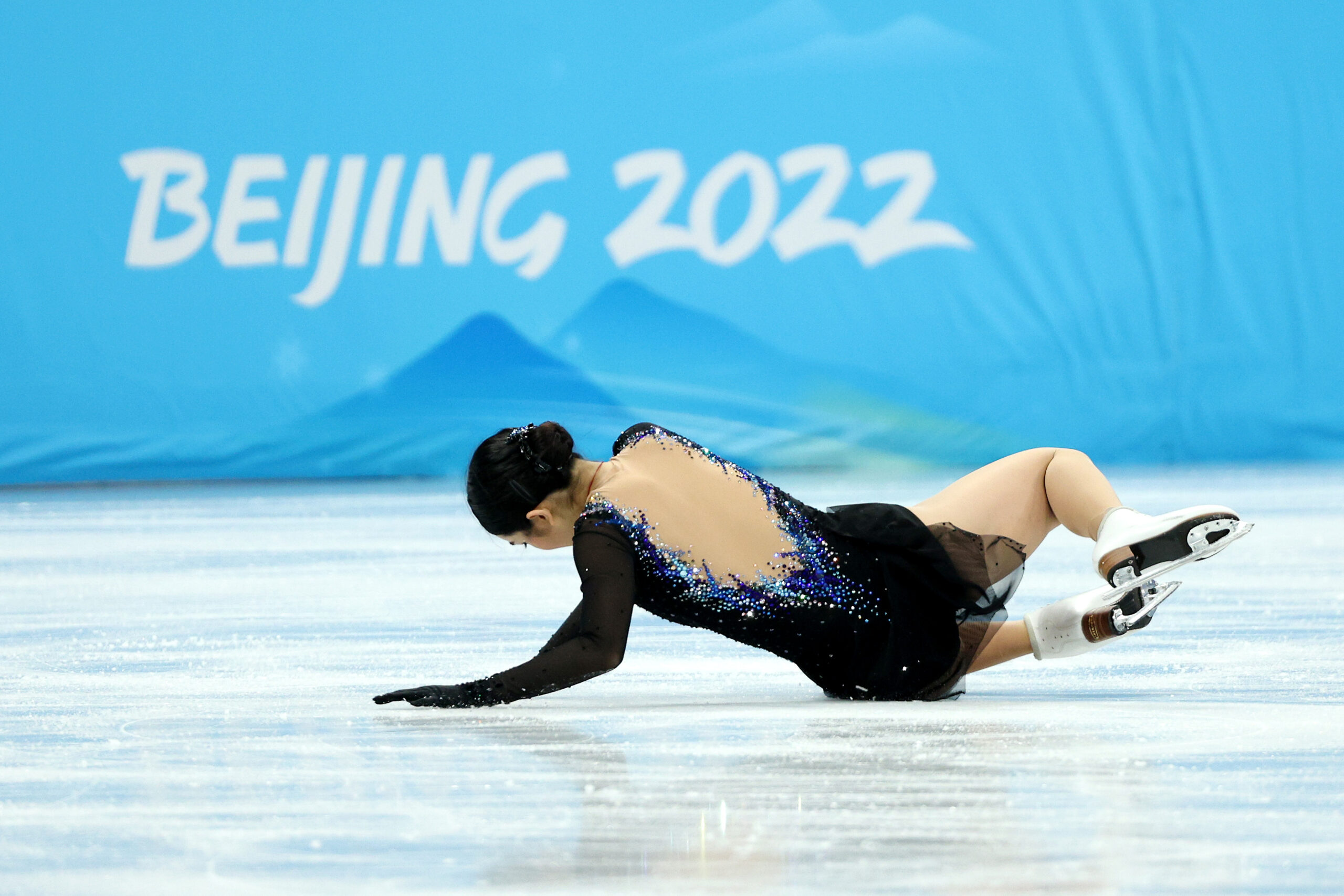oly skipthegames: A seemingly innocuous phrase, yet its appearance across various online platforms sparks curiosity. This enigmatic term, with its potential interpretations and varied spellings, has begun to generate online chatter, prompting questions about its meaning, origins, and impact. The phrase’s association with the Olympic Games is undeniable, leading to speculation regarding the motivations and sentiments behind its use.
This investigation delves into the online communities embracing “oly skipthegames,” examining its potential to evolve into a significant online trend.
From humorous memes to serious commentary, the usage of “oly skipthegames” reflects a diverse range of opinions and perspectives on the Olympic Games. The analysis explores the potential demographic behind the phrase’s use, uncovering the nuanced ways in which it’s employed in different online spaces. Visual representations, ranging from simple text-based memes to complex graphic designs, further illustrate the multifaceted nature of this intriguing online phenomenon.
Deconstructing “oly skipthegames”: A Linguistic and Social Media Analysis
The phrase “oly skipthegames,” while seemingly straightforward, offers a rich field for analysis, revealing potential meanings, online trends, and implications for the perception of the Olympic Games. Variations in spelling and punctuation subtly alter the intended message, creating a spectrum of interpretations ranging from playful dissent to outright criticism.
Interpretations of “oly skipthegames”
The phrase “oly skipthegames” can be interpreted in several ways. The “oly” prefix likely refers to the Olympics, while “skipthegames” suggests a deliberate avoidance or rejection of the games. Variations like “oly skip the games,” “oly#skipthegames,” or “OlySkipTheGames” subtly change the emphasis and formality. The capitalization, punctuation, and use of hashtags indicate the platform and intended audience.
The phrase might appear in sarcastic comments on social media, critical articles about the Olympics, or even as a hashtag on posts expressing disillusionment with the event.
Individuals using this phrase might represent diverse demographics, united by a shared sentiment towards the Olympic Games. This could include athletes who have been overlooked, viewers critical of commercialization, individuals protesting political issues related to the Games, or simply those who are indifferent to the event. Their interests could range from sports journalism to political activism, depending on the context and intent.
A hypothetical social media post could read: “Another year, another disappointing Olympic performance from [Country]. #olySkiptheGames #LetTheGamesBegin #ButNotForMe #OlympicsFail.”
Association with the Olympic Games
The connection between “oly skipthegames” and the Olympic Games is clearly established through the “oly” prefix. The use of the phrase often signals a negative or ambivalent attitude towards the Games. Individuals might use this phrase to express disappointment with athlete performance, concerns about the event’s cost, ethical issues surrounding hosting, or political controversies associated with the Games. The sentiment expressed is generally negative, although it can be used ironically or satirically.
In a fictional scenario, imagine a disgruntled athlete, after a controversial judging decision, tweeting: “Years of training, dreams shattered. Guess I’ll be #olySkiptheGames next time. #unfair #Olympics2024.” This highlights the phrase’s use in expressing frustration and disappointment within the context of the Olympic Games.
You also can understand valuable knowledge by exploring zillow pampaterms of use.
Potential Online Trends and Communities
Online communities and forums dedicated to sports commentary, political activism, or even humorous memes might see prevalent use of “oly skipthegames.” The phrase could be compared to similar phrases like “boycotttheolympics” or “olympicsareoverrated,” showcasing a spectrum of negative or critical viewpoints. The usage differs in intensity and target audience; “oly skipthegames” is arguably more concise and playful.
Related hashtags could include #OlympicsFail, #SkipTheGames, #OlympicDisappointment, #BoycottTheOlympics, #GamesOver, and #OlympicControversy. The phrase’s usage could vary across platforms; a more formal tone might be adopted in articles or forums, while a more casual tone would be used on social media posts or meme pages.
Visual Representation and Design
A visual representation of “oly skipthegames” could involve imagery contrasting the vibrant energy of the Olympic Games with a sense of detachment or rejection. This could be achieved through juxtaposing iconic Olympic imagery with imagery suggesting avoidance or disengagement.
A hypothetical logo could feature the Olympic rings subtly fading away or being crossed out, with the phrase “oly skipthegames” incorporated in a bold, contrasting font. A short animation sequence could depict a figure walking away from a stylized Olympic stadium, with the phrase appearing as a caption.
| Image Description | Associated Emotion | Target Audience | Platform Suitability |
|---|---|---|---|
| Olympic rings dissolving into smoke | Disappointment, disillusionment | General public, sports fans | Social media, blogs, news websites |
| Athlete turning their back on an Olympic stadium | Rejection, protest | Athletes, activists | Social media, activist websites |
| Stylized “skip” button overlaid on Olympic imagery | Playful dissent, irony | Younger generation, meme creators | Memes, social media |
| Empty Olympic stadium with “oly skipthegames” graffiti | Criticism, cynicism | Political commentators, journalists | News websites, blogs |
Impact and Implications, Oly skipthegames

The widespread use of “oly skipthegames” could negatively impact public perception of the Olympic Games, potentially diminishing viewership and sponsorship. Online reactions might range from indifference to angry rebuttals, depending on the context and individual viewpoints. In the long term, such a phrase gaining popularity could lead to a decline in the Games’ prestige and influence.
Potential negative consequences include decreased viewership, reduced sponsorship, and a general erosion of public support. Positive consequences are less likely, although the phrase might spark necessary conversations about issues surrounding the Games, prompting reforms or changes.
The rise of “oly skipthegames” as an online phenomenon highlights the power of social media to generate and amplify unique linguistic expressions. While its current impact on public perception of the Olympic Games remains relatively limited, its potential for future growth and influence is significant. Further research is needed to fully understand the long-term implications of this phrase, but its current trajectory suggests a fascinating case study in the evolution of online language and culture.
The evolving narrative surrounding “oly skipthegames” promises to keep both researchers and casual observers engaged in the coming months and years.



